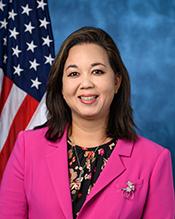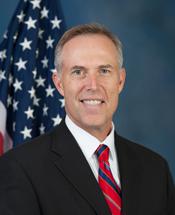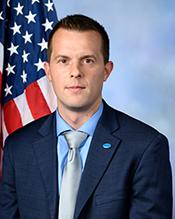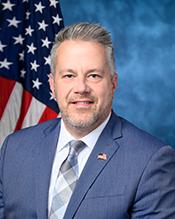0
Save America’s Rural Hospitals Act
12/21/2024, 9:05 AM
Summary of Bill HR 833
One of the key provisions of the Save America's Rural Hospitals Act is the establishment of a grant program that would provide funding to eligible rural hospitals to help cover their operating costs and improve the quality of care they provide to patients. The bill also includes measures to increase Medicare reimbursement rates for rural hospitals, which are often lower than those for urban hospitals, making it difficult for them to sustain their operations.
Additionally, the bill aims to address the shortage of healthcare professionals in rural areas by providing incentives for medical professionals to work in these underserved communities. This includes loan repayment programs for healthcare providers who commit to working in rural hospitals for a certain period of time. Overall, the Save America's Rural Hospitals Act is a comprehensive piece of legislation that seeks to support and strengthen rural hospitals across the country. By providing financial assistance, increasing reimbursement rates, and incentivizing healthcare professionals to work in rural areas, the bill aims to ensure that residents in these communities have access to quality healthcare services.
Congressional Summary of HR 833
Save America's Rural Hospitals Act
This bill establishes and otherwise modifies payment requirements for rural health care providers under Medicare and Medicaid.
For example, the bill allows additional hospitals to qualify as critical access hospitals (CAHs) that receive special payment under Medicare. A hospital may qualify if it is a small, rural hospital that (1) serves a health professional shortage area, or a high number of low-income individuals or Medicare or Medicaid beneficiaries; (2) has experienced financial losses for two consecutive years; and (3) attests to having a strategic plan to address financial solvency.
In addition, the Center for Medicare and Medicaid Innovation must test a new delivery and payment model for rural hospitals that promotes financially sustainable access to care and must establish a corresponding transition process for CAHs.
The bill also permanently (1) increases payments for Medicare-dependent hospitals and low-volume hospitals, (2) increases payments for Medicaid primary care services in rural areas, and (3) removes the 96-hour physician certification requirement for inpatient CAH services under Medicare. It also exempts Medicare payments to rural hospitals from sequestration.





